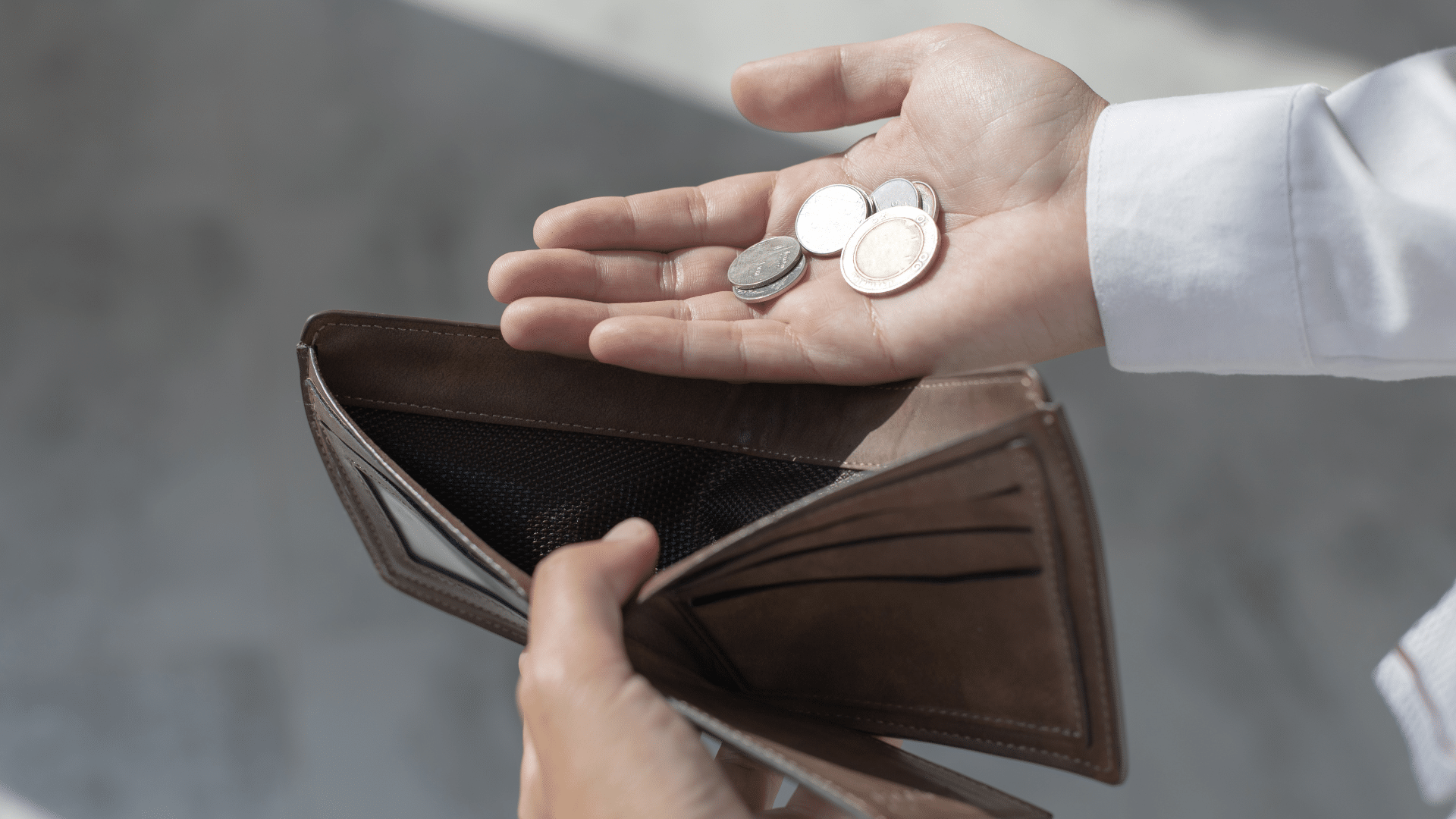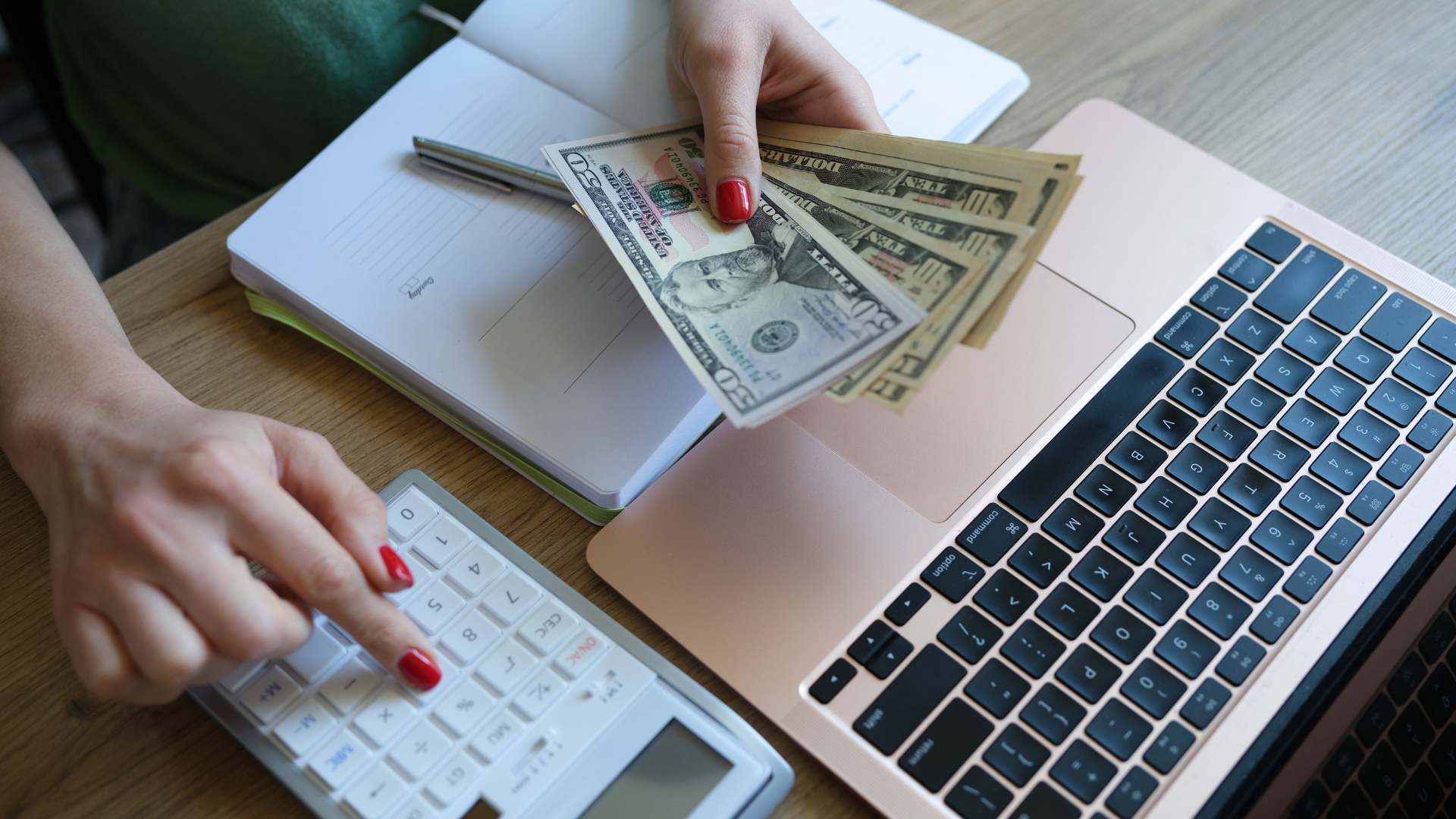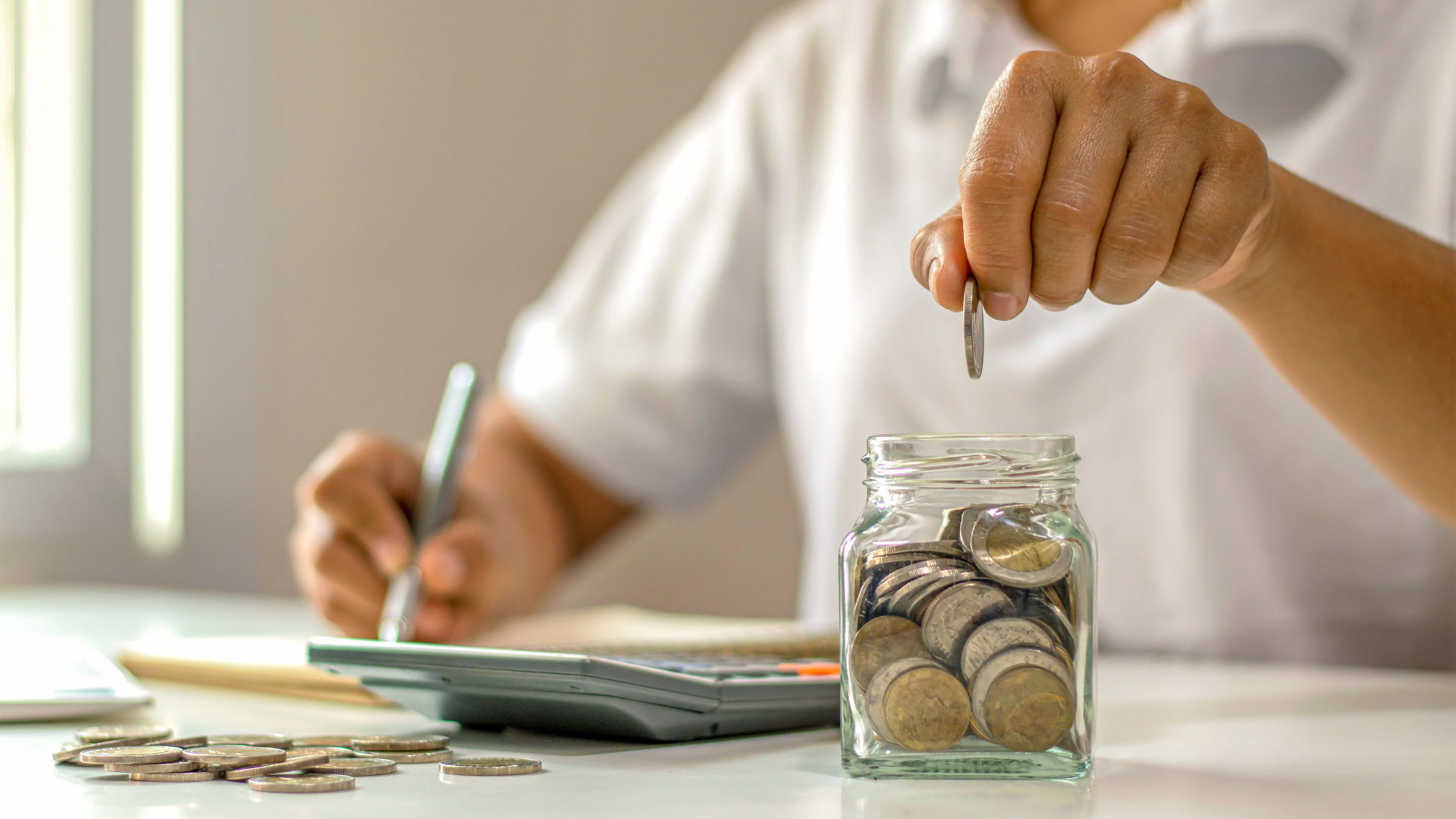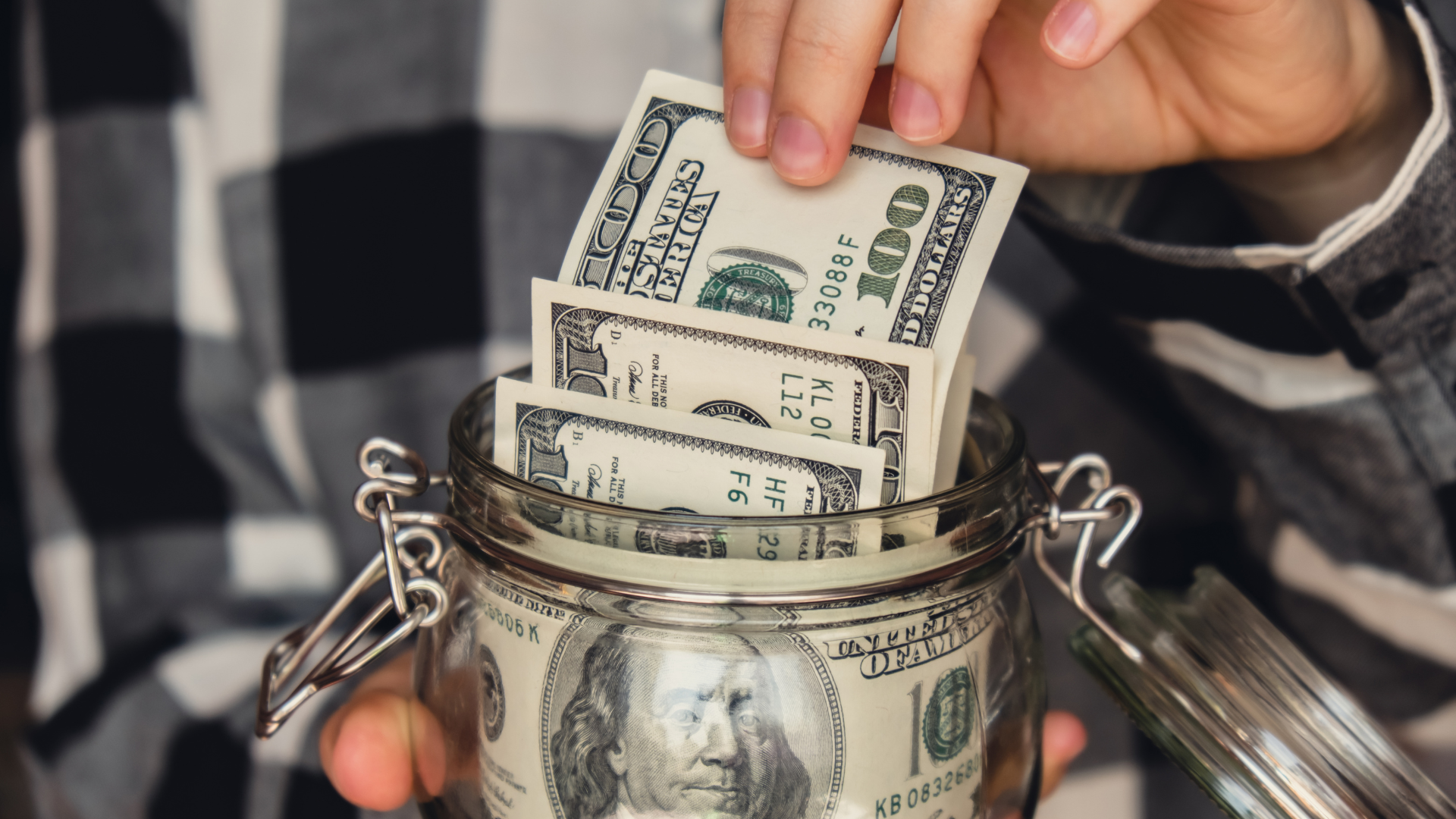Can You Afford to Live Alone?

So, you’ve finally decided to take the plunge and move out of your parents’ house. Congratulations! You’re about to embark on a journey of independence, freedom, and the joy of having your own space. But wait, before you start packing your bags and dreaming about your new life, let’s have a little chat. You see, living alone isn’t all sunshine and rainbows. It’s more like a mountain climb – exhilarating, but also filled with unexpected challenges. And one of the biggest challenges? The cost. Oh yes, living alone comes with a price tag that’s often much higher than you think. But don’t worry, we’re here to guide you through this financial wilderness. Ready? Let’s discover the real costs of living on your own.
The Mountainous Rent
When you think about moving out, the first thing that probably comes to mind is the rent. And yes, it’s going to be the biggest chunk of your budget. In 2023, the median rental price of an apartment in the U.S. was over $2,000. But depending on where you live, this number can vary wildly. For instance, a one-bedroom in New York City is $4,080 as of September 2023, while the median rent in a place like Oklahoma City is $880. And remember, you’ll need at least double that to move in, thanks to the first and last month’s rent and a security deposit.
But wait, there’s more. You also need to consider the cost of utilities. Things like heating, water, and electricity can add up to a significant amount each month. And if you’re living in a major city, you might have to get used to the idea of living with roommates or be ready to pay a wild amount to live in something the size of a walk-in closet.
The Hidden Costs of Comfort
Living alone means you’re responsible for all the utilities. This includes heating, which can cost up to $100 a month depending on the efficiency of your apartment. Water and sewer costs have also risen over the years, and a one-person apartment can expect to pay more than $45 per month. And let’s not forget about electricity. Your electric bill can range from around $40 to potentially over $100 depending on the size of your apartment and how often you use your appliances.
Then there are the costs of other amenities like natural gas for your stove, which can be about $15 a month, and laundry, which can cost you a couple hundred dollars a year if you wash and tumble dry your clothes every week.
What about Protection?
When you rent an apartment, your landlord’s insurance doesn’t protect you from anything. If the building burns down, nobody is going to compensate you for your stuff. That’s where renters insurance comes in. For a couple hundred dollars a year, a policy insures your belongings from theft and damage and may provide compensation to help you move if your apartment becomes uninhabitable. It’s an expense you should really consider.
The Cost of Furnishing
Rarely do apartments come furnished, so that’s another large expense you’ll have to consider. You’ll need to save some money to purchase a couch, mattress, chairs, a dining table, a TV and TV stand, etc. You can get a lot of these items at thrift stores or big-box stores like Target and Walmart for fairly cheap. But remember, if you’re buying a mattress, buy a new one. Used mattresses are rarely worth the deal and potential headache.
The Expense of Eating
When you move out, you’re leaving the comfort of your parent’s food. If you haven’t had to consistently pay for your own groceries, you probably don’t realize how much it costs per month. And that doesn’t include eating out. According to the USDA ranges, a low-cost food plan is between $250 and $300 per month. If you shop less frugally, expect to pay anywhere from $300 to $450 per month.
Keeping Your Home Clean
It costs money to keep your apartment (and yourself!) clean. Shampoo, toilet paper, dish detergent, bleach, and all those other things can add up fast, especially if you’re starting from scratch. Expect to spend roughly $50 per month on these supplies.
The Price of Connectivity
If you’re lucky, your apartment will come with cable and internet included in the rent. But if not, you’re going to have to pay that bill. Internet tends to average about $50 a month depending on the provider. You might want to skip the cable if you’re on a budget. After all, you probably have Netflix, Hulu, and access to a sports bar with happy hour pricing, so who really needs cable?
Other Expenses
When figuring out how much you can afford, factor in your debt payments (student loan, credit card, etc.), car insurance payments, medical payments not covered by insurance, an emergency fund, and money to spend on your nights out.
The Art of Budgeting
Even before you move into your new place, it’s important to sit down and work out a budget. This should include all of your expected fixed expenses like rent and utilities — as well as other things such as food, transportation, insurance, etc. When it comes time to pay your bills, make sure rent is always at the top of your list — you don’t want to get evicted for not paying your rent on time!
If you tend to be bad with dates or just don’t want the hassle of remembering, set up automatic payments wherever you can. With automatic payments, you’re telling the bank to transfer a certain amount of money to a vendor, on a specific regular date. Then, on those set dates, your bill payment will be processed without you having to do a thing.
Conquer Costs
Living on your own for the first time can be both exciting and scary. It can also be expensive. But you can manage your living expenses by budgeting, setting up automatic payments, knowing when to say no to unnecessary spending, and controlling what you can (like your utility costs). With a little planning and mindfulness, you can make sure that your living expenses don’t leave you in a financial bind. So, as you embark on this journey of independence, remember to climb this financial mountain with caution and preparedness. After all, the view from the top is always worth the climb.






